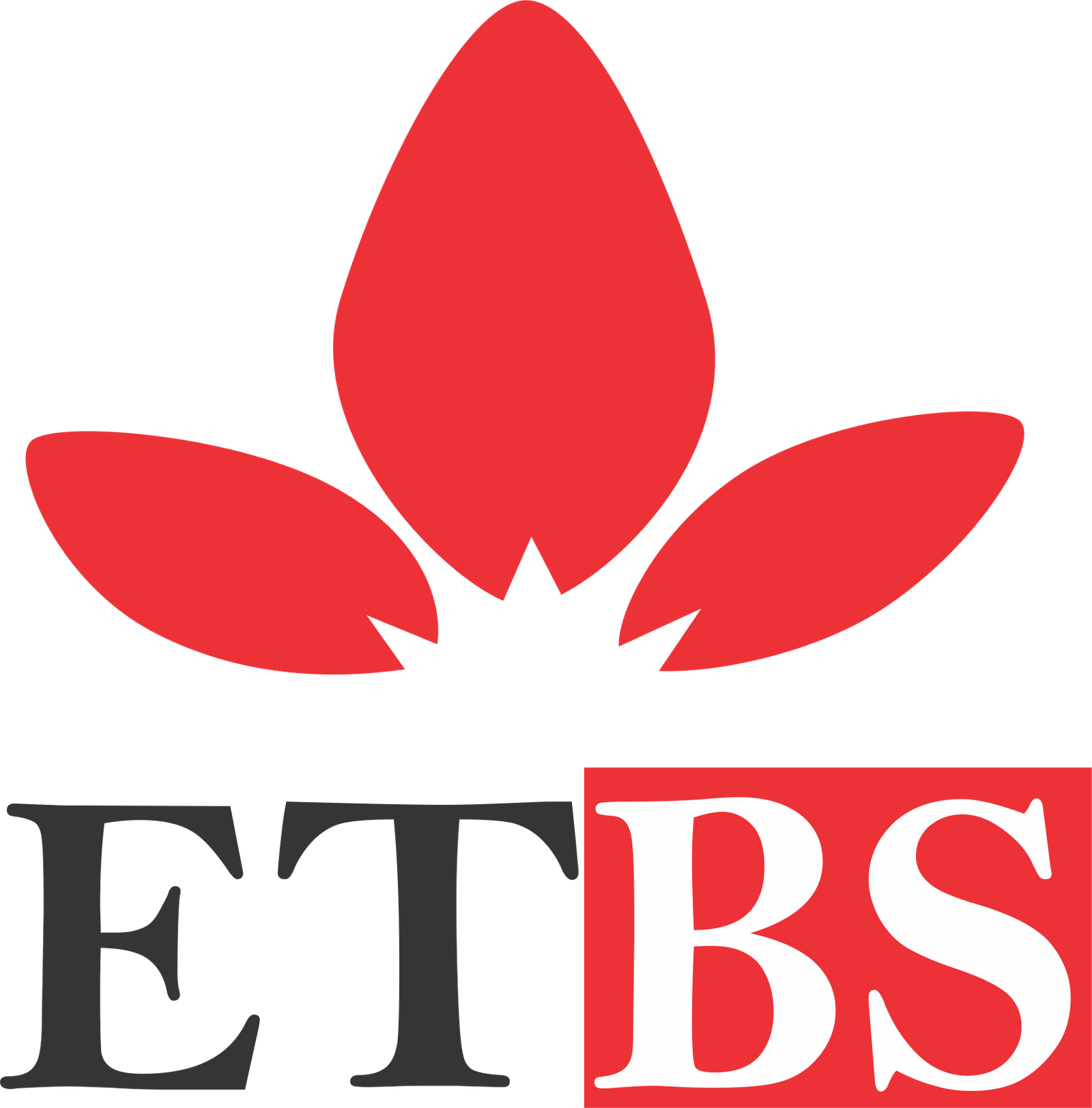 EarthTab Business School
EarthTab Business School
☰
|

Hello and welcome to EarthTab Business School. My name is Mathieu Dubois and I will be the course preceptor for this course, Human Resource Management. Human Resource Management (HRM) is a vital function within organizations that focuses on the strategic and operational management of an organization’s most valuable asset, its people. This course provides an extensive exploration of HRM principles, theories, practices, and contemporary issues to equip you with the skills and knowledge necessary to effectively manage human capital in diverse organizational settings. The course begins by laying a foundational understanding of HRM, including its evolution, scope, and significance in the modern workplace. It emphasizes HRM’s role in aligning workforce capabilities with organizational goals to drive performance, innovation, and sustainable competitive advantage. You will delve into how HRM integrates with organizational strategy and the ways in which HR professionals contribute to business success by managing talent, fostering culture, and facilitating change. The course examines strategic workforce planning, HR analytics, and the linkage between HR metrics and business outcomes. The course covers methods for forecasting human resource needs, job analysis, and designing effective recruitment and selection processes. Emphasis is placed on attracting, selecting, and onboarding the right talent to meet organizational demands while promoting diversity and inclusion. A comprehensive module dedicated to employee learning, development, and career management. It explores techniques for assessing training needs, designing learning programs, evaluating effectiveness, and supporting continuous professional growth. You will understand performance management systems, including goal-setting, feedback mechanisms, appraisal methods, and performance improvement plans. The course highlights the importance of aligning individual performance with organizational objectives. This segment examines the design and administration of compensation structures and benefits programs. It discusses pay-for-performance, legal compliance, incentive schemes, and strategies to attract and retain high-performing employees through competitive remuneration. The course explores the dynamics of employee relations, including conflict resolution, negotiation, collective bargaining, and compliance with labor legislation. It addresses the roles of unions, grievance handling, and fostering positive workplace relations. Focus on creating safe and healthy work environments through policies, risk assessments, and wellness programs. The course covers regulatory requirements, accident prevention, and promoting employee well-being for productivity and morale. A critical examination of managing diversity in the workplace, the course discusses strategies for creating inclusive cultures, eliminating bias, and leveraging diverse talents to enhance innovation and organizational effectiveness. Insight into how technology transforms HR functions through HR Information Systems (HRIS), artificial intelligence, automation, and digital recruitment. The course explores challenges and opportunities posed by emerging technologies in workforce management. Examines the complexities of managing human resources in multinational and culturally diverse environments. Topics include expatriate management, cultural intelligence, and adapting HR practices to global contexts. The course concludes by addressing ethical considerations in HRM, corporate social responsibility, and emerging trends such as remote work, gig economy, and evolving workforce demographics. Learners are encouraged to think critically about the future challenges and opportunities in HR. By the end of this course, you will be able to: Understand the strategic and operational functions of HRM. Apply best practices in recruitment, selection, training, and performance management. Navigate labor laws and foster positive employee relations. Design compensation and benefits programs that motivate and retain talent. Utilize HR technologies to enhance efficiency and decision-making. Manage diversity and promote inclusive workplace cultures. Adapt HR strategies for global and multicultural environments. Address ethical challenges and anticipate future HR trends. HR professionals seeking to enhance their knowledge and skills. Managers and supervisors responsible for team leadership and development. Business owners aiming to optimize their human capital. Students and individuals aspiring to enter the HR profession. Anyone interested in understanding the human side of business management. This comprehensive course combines lectures, case studies, group discussions, practical exercises, and assessments including quizzes, assignments, and a final exam to ensure mastery of HRM concepts and their application. I look forward to congratulating you upon completion of this course.Course Overview:
1. Introduction to Human Resource Management
2. Strategic Role of HRM
3. HR Planning and Talent Acquisition
4. Training and Development
5. Performance Management and Appraisal
6. Compensation and Benefits
7. Employee Relations and Labor Laws
8. Workplace Health, Safety, and Well-being
9. Diversity, Equity, and Inclusion (DEI)
10. Technology and HRM
11. Global HRM and Cross-Cultural Management
12. Ethical Issues and Future Trends in HRM
Learning Outcomes
Who Should Take This Course?
Course Delivery and Assessment

Unlocking Professional Potential through world-class assessments and industry-ready training.
"Empowering Professionals through practical, accessible online business education"
- Blessing Princess Agho
 Founder/Lead Instructor
Founder/Lead Instructor